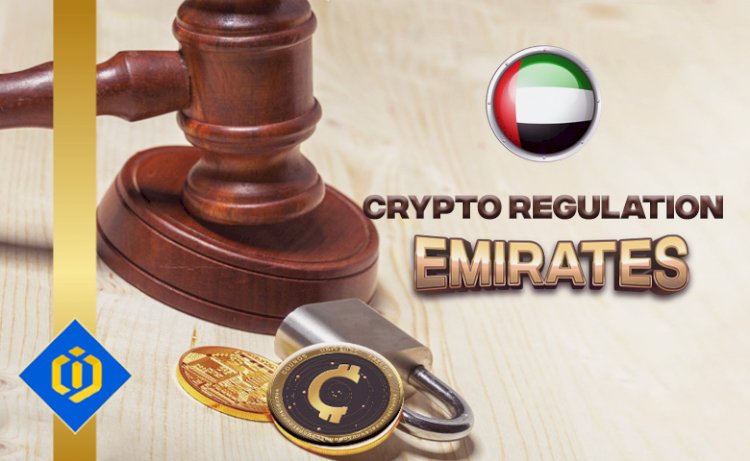Crypto Regulations in United Arab Emirates

Cryptocurrency is a relatively new concept in the United Arab Emirates (UAE), but it has gained popularity in recent years. The UAE government and its central bank have shown a positive attitude towards cryptocurrencies, and are actively exploring ways to harness the potential of this technology.
In 2018, the central bank of the UAE launched a regulatory framework for cryptocurrencies, which aims to ensure that digital currencies are used in a safe and secure manner. The framework covers various aspects of cryptocurrency usage, including exchanges, initial coin offerings (ICOs), and wallet providers.
In the UAE, several exchanges have been established where individuals and businesses can buy and sell cryptocurrencies, including Bitcoin, Ethereum, Ripple, and others. Additionally, several companies are exploring the use of blockchain technology for various financial applications, including remittances, payments, and trade finance.
However, it's important to note that the use of cryptocurrencies is still in its early stages in the UAE, and there may be certain risks associated with their usage. It's always advisable to consult with financial experts before investing in cryptocurrencies.
As a cut-off point in 2021, banks in the UAE do not offer bank accounts specifically for cryptocurrency exchanges. However, some banks may offer business accounts to companies that operate in the cryptocurrency space, although this may vary depending on the bank's risk appetite and the regulatory framework in the UAE.
It's important to note that while the UAE has taken steps to regulate and support the cryptocurrency industry, it's still a relatively new sector and banks may be cautious in their approach. It's always best to check with individual banks and discuss their specific policies regarding cryptocurrency-related businesses.
In addition, it's also a good idea to research the regulatory framework for cryptocurrencies in the UAE and ensure that the business is compliant with all relevant laws and regulations.
The framework for operating a cryptocurrency exchange in the UAE is governed by the central bank of the UAE, the Central Bank of the UAE (CBUAE). The CBUAE has issued a regulatory framework for cryptocurrencies, which outlines the requirements for entities that wish to operate in this space.
Here are some of the key components of the framework:
- Licensing: To operate a cryptocurrency exchange in the UAE, entities must obtain a license from the CBUAE. This license is subject to periodic review and renewal, and entities must comply with all relevant regulations and standards.
- Anti-Money Laundering (AML) and Counter-Terrorism Financing (CTF) policies: Entities must have in place robust AML and CTF policies to prevent the use of cryptocurrencies for illegal activities such as money laundering and financing of terrorism.
- Cybersecurity measures: Entities must implement appropriate cybersecurity measures to protect their systems and customers' assets from cyberattacks and other security threats.
- Customer due diligence: Entities must perform adequate customer due diligence to verify the identity of their customers and monitor their transactions for suspicious activities.
- Record-keeping: Entities must maintain accurate and comprehensive records of their transactions and customer information.
- Reporting: Entities must submit periodic reports to the CBUAE on their activities, including information on transactions, customer information, and any suspicious activities.
It's important to note that the framework is subject to change and entities must stay up-to-date with the latest regulations and requirements. The CBUAE is also working to develop a comprehensive regulatory framework for the fintech sector, which may have implications for cryptocurrency exchanges in the future.
This article has been written with the assistance of artificial intelligence (AI)

 content-team
content-team 


















